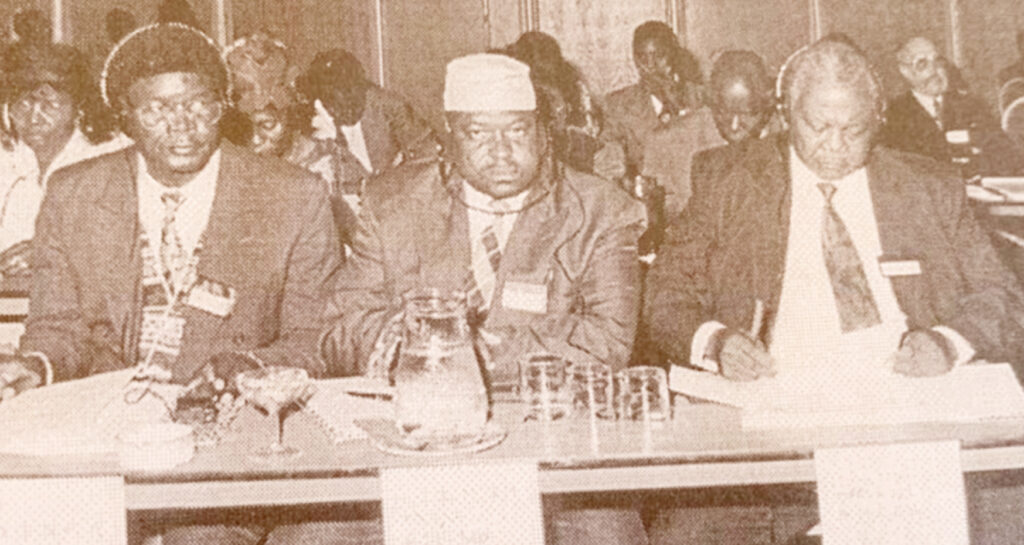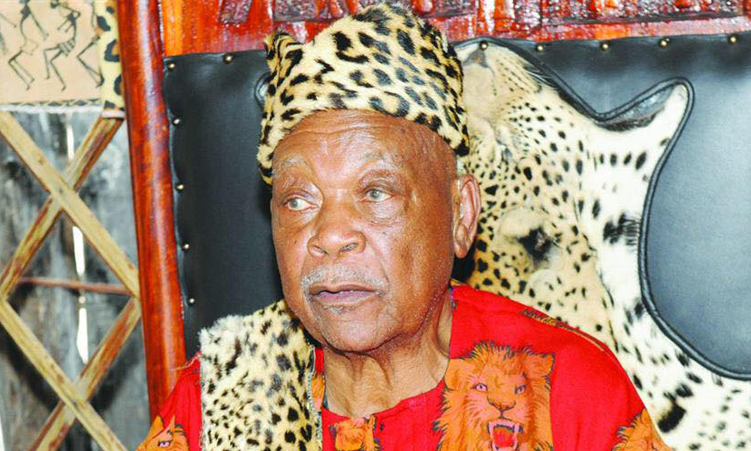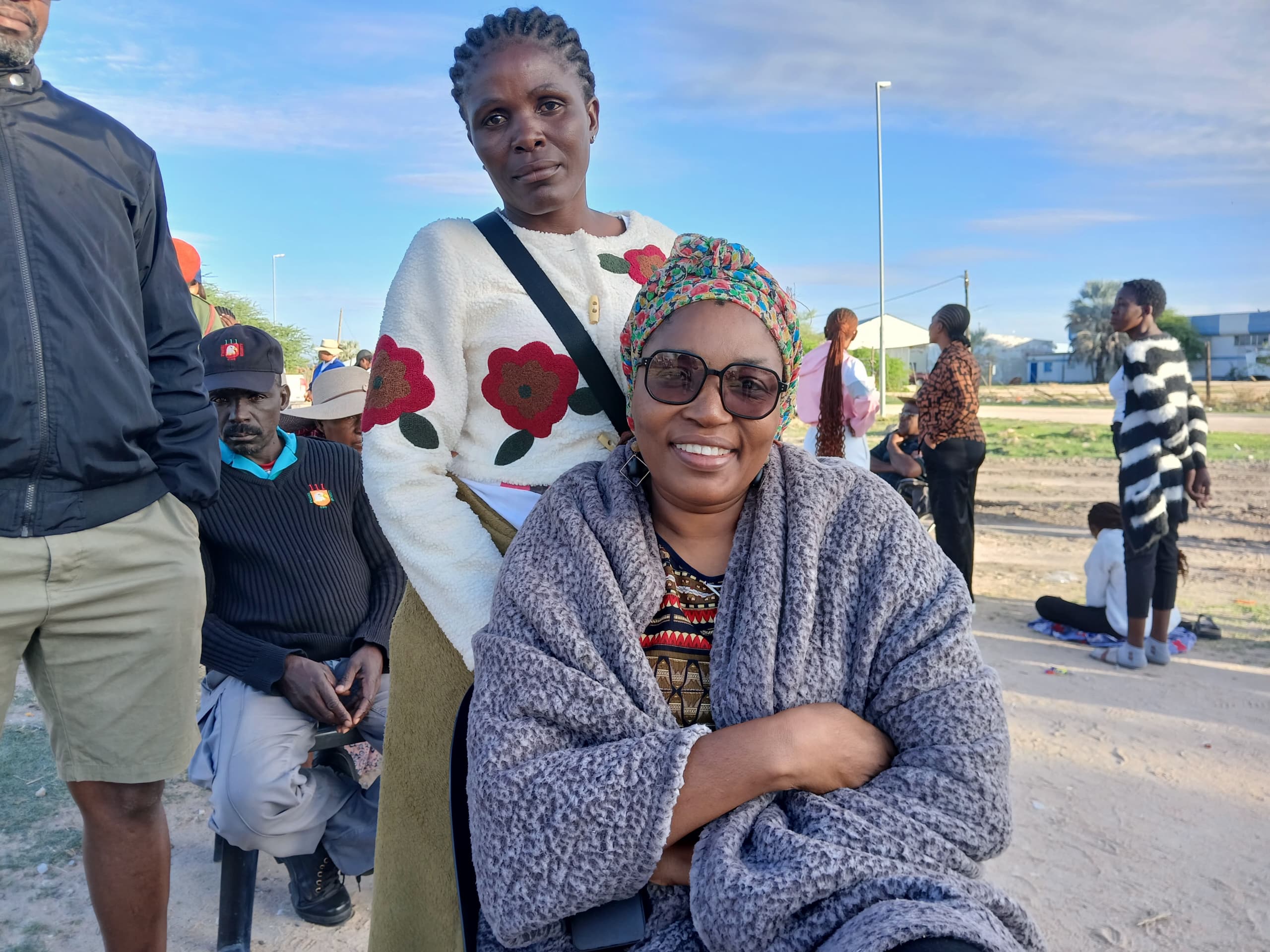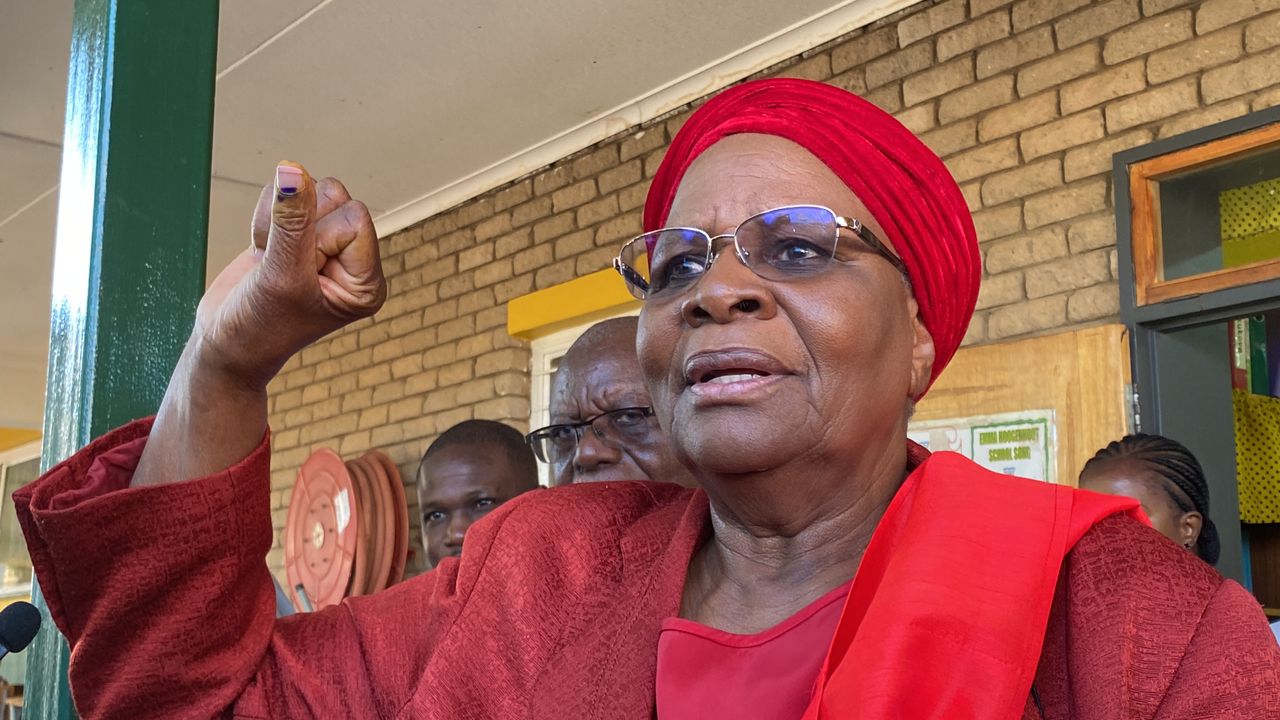Chief Ndilimani Iipumbu of the Uukwambi Traditional Authority described the late omukwaniilwa Immanuel Kauluma Elifas of the Ondonga Traditional Authority as his mentor.
Elifas (86), who was king of the Ondonga, a sub-tribe of the Aawambo, from 28 August 1975, died on 26 March at the Onandjokwe Lutheran Hospital in the Oshikoto region.
Iipumbu said when he heard the news of Elifas’ death, he only had this to say: “Oh God, my friend and mentor. He is gone.”
“This brought tears to my eyes, thinking about everything he has done for the Namibian people and the country at large,” he narrated.
Iipumbu said he knew Elifas when they were young in the 1960s. They would go to okaholo (to be selected for contract labour).
According to Iipumbu, their friendship grew after the death of his father, and he took over the reins.
“He was my help, and kept giving me advice on traditional issues. Pokati ketu itotilepo omeya nde agapitipo. (You would not pour water in-between us). There was nothing that would happen in Ondonga and he would not call me. And I could also not hold any festivals without telling him about it, and he would always attend.
“We first started with the Omagongo Cultural Festival in 2002, and in 2003, it went to Uukwambi.
“Elifas was a peaceful person, a people’s person. He was a peaceful leader. Omalelo (clans) came together on his orders. At the time, they (the clans) were seven, and not eight as Okalongo was not existing,” Iipumbu added.
He said Elifas as a unifier did so much when it came to culture. In 1997, he led many others to establish a law for traditional authorities.
“He feared God, and never allowed us to work on Sundays. He loved and respected everyone,” he continued.
Iipumbu said Elifas also initiated the Communal Land Act, as well as worked on the law which stopped people from chasing widows out of their departed husbands’ homes. This, he said, was and has been very prevalent in Namibia, especially in the north.
Naeman Amalwa, traditional senior councillor, told on Tuesday that he was appointed on 25 June 2011, and has since worked very closely with Elifas in the advisory council.

Ndilimani Iipumbu (middle), and Oswim Mukulu, chief of Ombalantu (far left) during a conference in
Windhoek in 1996.
He was appointed the king’s spokesperson in 2017 until his dismissal following the infighting sparked by the succession battle in recent years.
Elifas named Fillemon Shuumbwa Nangolo as his successor in 2002, and confirmed this to the government again in June 2012. Nangolo’s nomination was, however, opposed by the royal family. This led to irreconcilable differences, which saw Elifas booting out some of his long-serving top aides.
Amalwa’s fondest memory of Elifas is that: “Omukwaniilwa loved the bush, nature and animals like cattle and elephants. Omukwaniilwa was always happy when he went to the cattle farm. His special animals were the horses and well-fed bulls”.
He furthermore described the late king as a humble man who treated everyone equally, with love, care and respect.
“Although he was omukwaniilwa, he never expected to be treated specially. Young people should learn from him about the leadership of being inclusive of poor, rich, young and old; and no race, tribe or discrimination,” Amalwa stressed.
Kamawe Paulus Silas, who is acting headman for Onethindi on behalf of Jekonia Shikongo Kalulu, told The Namibian that Elifas always wanted peace and order, and that is what they want for the royal family and the traditional authority, going forward.
A memorial service in memory of King Elifas will be held today, and he will be laid to rest tomorrow at Onamungundo. His successor will be named on Sunday, 14 April 2019.
Stay informed with The Namibian – your source for credible journalism. Get in-depth reporting and opinions for
only N$85 a month. Invest in journalism, invest in democracy –
Subscribe Now!






